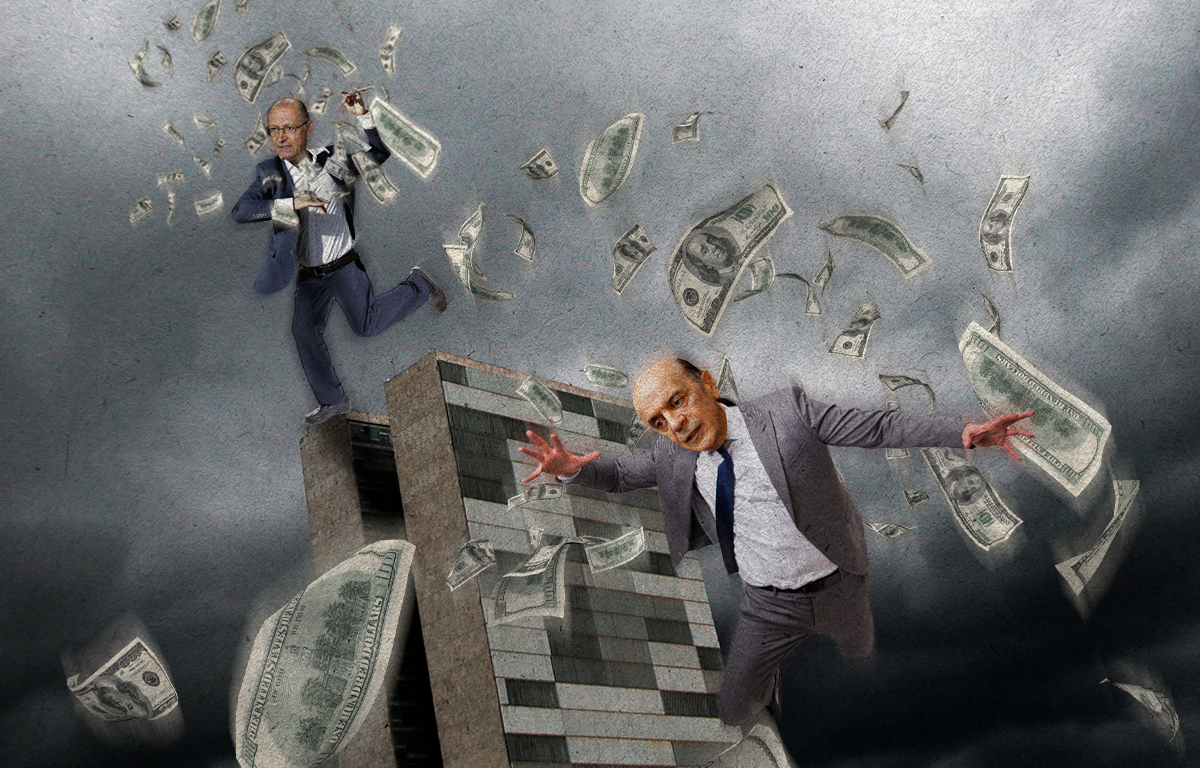Six years after the start of Operation Car Wash, the anti-corruption task force is zeroing in on historic figures of the Brazilian Social Democracy Party (PSDB). In recent weeks, Senator José Serra and Geraldo Alckmin — both former presidential candidates — have faced multiple corruption allegations. Federal prosecutors indicted Mr. Serra for money laundering — accusing him and his daughter of moving millions of embezzled money to hidden offshore accounts. Days later, Mr. Alckmin was accused of receiving at least BRL 10 million from the Odebrecht construction group.
While Messrs. Serra and Alckmin don’t enjoy nearly the same level of political influence and prestige they once did, they have a rich political history, combining for almost two decades at the helm of the state government of São Paulo — Brazil’s wealthiest state — and four presidential bids, with three runner-up finishes. They represent a time when the PSDB still bore a relation with the social democratic values it carries in its name, when it stood for something beyond power-grabbing and rent-seeking, for which it has now become known.
As Brazil lurches from crisis to crisis under President Jair Bolsonaro, it is worth reflecting on what happened to the PSDB and how this relates to the weakening of the country’s democracy. The collapse of its legitimacy has been a key factor in driving radicalization and polarization in Brazil — for which the party can only blame itself.
After winning or coming second in six successive presidential elections, the PSDB managed a measly 4.76 percent of the vote in the 2018 election, with the notoriously dull and milquetoast Geraldo Alckmin as the candidate. The party had lost its once firm hold on its middle-class base to the insurgent extremist candidacy of Jair Bolsonaro.
The origins of the Brazilian Social Democracy Party
The PSDB is rooted in the opposition to Brazil’s military dictatorship, which governed the country from 1964 to 1985. During this period, only two political parties could legally exist — the Brazilian Democratic Movement (MDB), the ‘official opposition’ party, and the Alliance for National Renewal (Arena), the party of the dictatorship.
At the height of the military regime, it became clear that the MDB was a powerless shell of a party. As was the joke at the time, Arena was the party of ‘yes,’ and the MDB was the party of ‘yes, sir.’
By the mid-1970s, however, the regime loosened its political grip and the MDB began mounting a credible opposition. It became a sort of Noah’s Ark for any politician not aligned with the generals. This created a party with leaders from all different types of ideological backgrounds and convictions — from the feudal oligarchs of the Northeast to liberals, old-school conservatives, socialists, and communists.
It rebranded itself the Brazilian Democratic Movement Party (PMDB) in 1979, just as a new groundswell of movements against...


 Search
Search






































